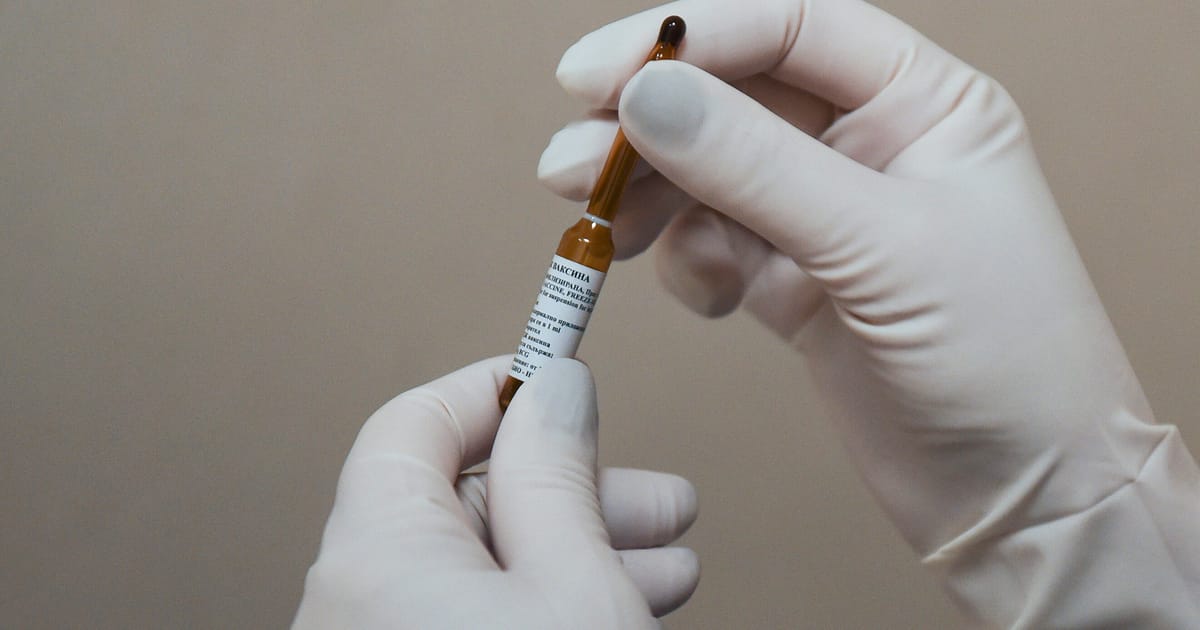- cross-posted to:
- [email protected]
- cross-posted to:
- [email protected]
Vital drugs are either not authorized or are deemed too expensive, as cases rise.
Rates of tuberculosis are on the rise in Europe, but countries are ill-equipped and lack access to the latest drugs targeting the worst strains.
Some patients are spending a year and a half in hospital isolation receiving old medicines instead of just six months of treatment at home, because countries do not have access to the most up-to-date therapies to cure people of the infectious disease.
In some EU countries, the latest medicines are either not authorized or are deemed too expensive to use. To effectively treat patients, the NGO Doctors Without Borders (Médecins Sans Frontières, MSF) has stepped in to help in Poland and Slovakia.
Earlier this year, the European Centre for Disease Prevention and Control (EDC) and the World Health Organization (WHO) warned that Europe was stalling in its quest to suppress tuberculosis and could miss its 2030 targets to end the disease. The agencies caution that if Europe doesn’t get a grip on the rising rates of infection with the recommended cocktail of drugs, the gains made over the last decade could be lost.



This is the best summary I could come up with:
Some patients are spending a year and a half in hospital isolation receiving old medicines instead of just six months of treatment at home, because countries do not have access to the most up-to-date therapies to cure people of the infectious disease.
The agencies caution that if Europe doesn’t get a grip on the rising rates of infection with the recommended cocktail of drugs, the gains made over the last decade could be lost.
In a study carried out in October 2023, of 18 EU/EEA countries that responded to a survey, 15 reported limited or no availability of pretomanid, one of the drugs that makes up the WHO’s best-practice regimen.
Manufacturers have chosen not to register some products with the European Medicines Agency or national authorities due to the relatively small market for TB drugs in Europe, according to researchers from The International Union Against Tuberculosis and Lung Disease.
Although Europe has made progress in driving down overall rates of TB, the disease is not the priority it once was and European health systems are ill-placed to respond to the emergence of resistant strains.
Dumitru Laticevschi, regional manager for Eastern Europe and Central Asia at the Global Fund, told POLITICO that multidrug-resistant TB has become a “very significant problem” for some EU countries since 2022.
The original article contains 1,017 words, the summary contains 215 words. Saved 79%. I’m a bot and I’m open source!